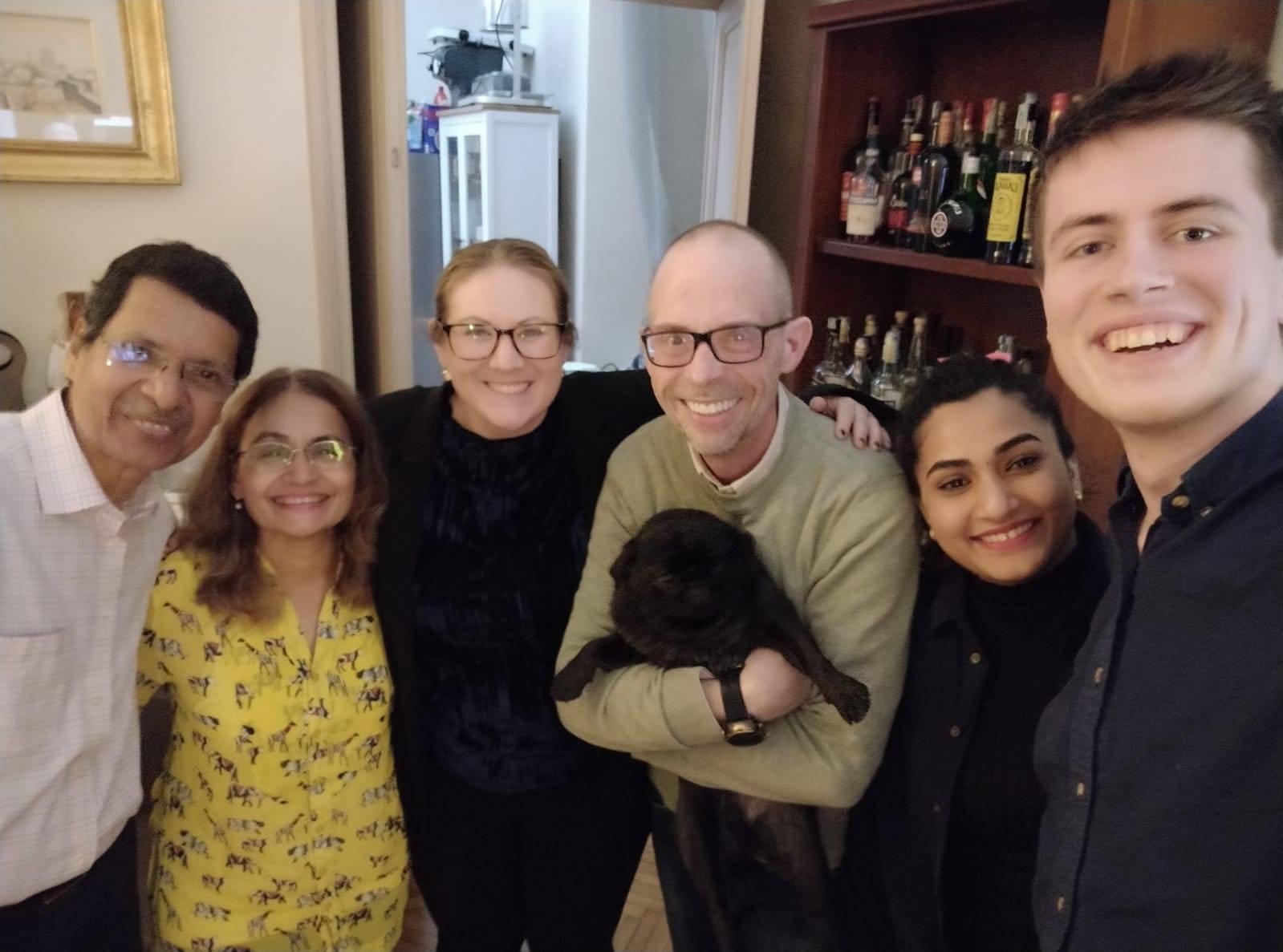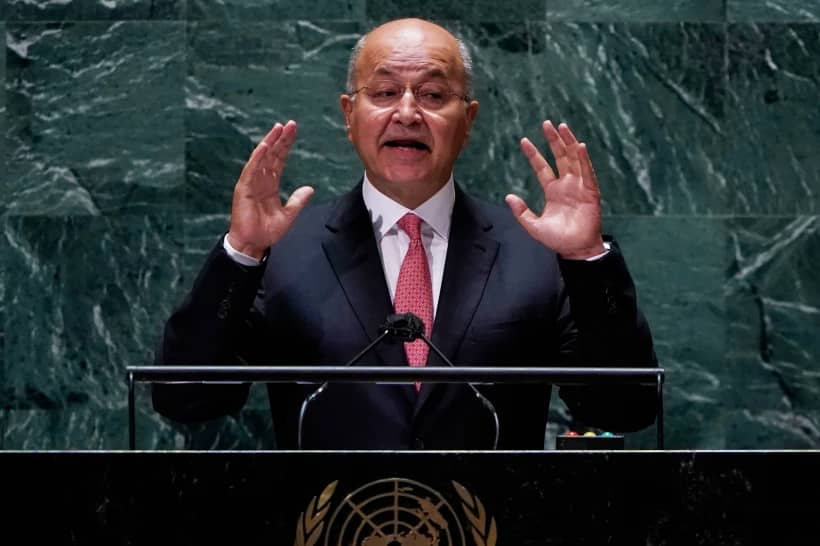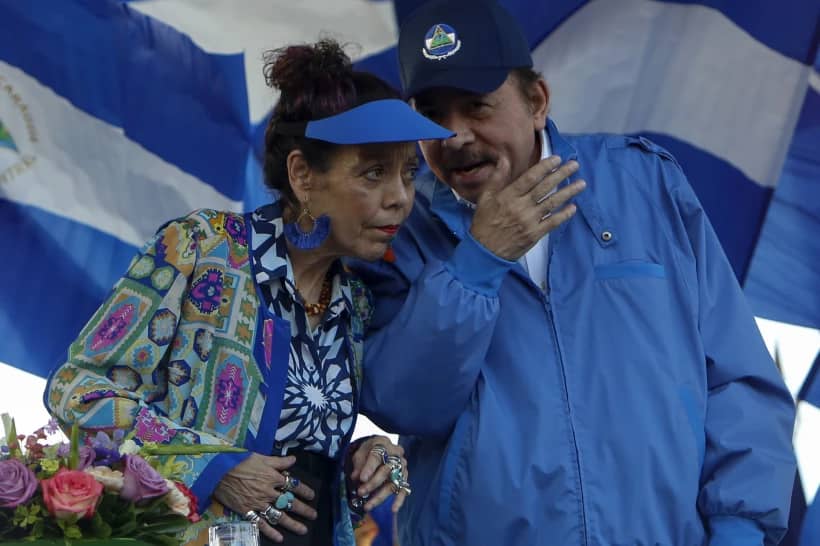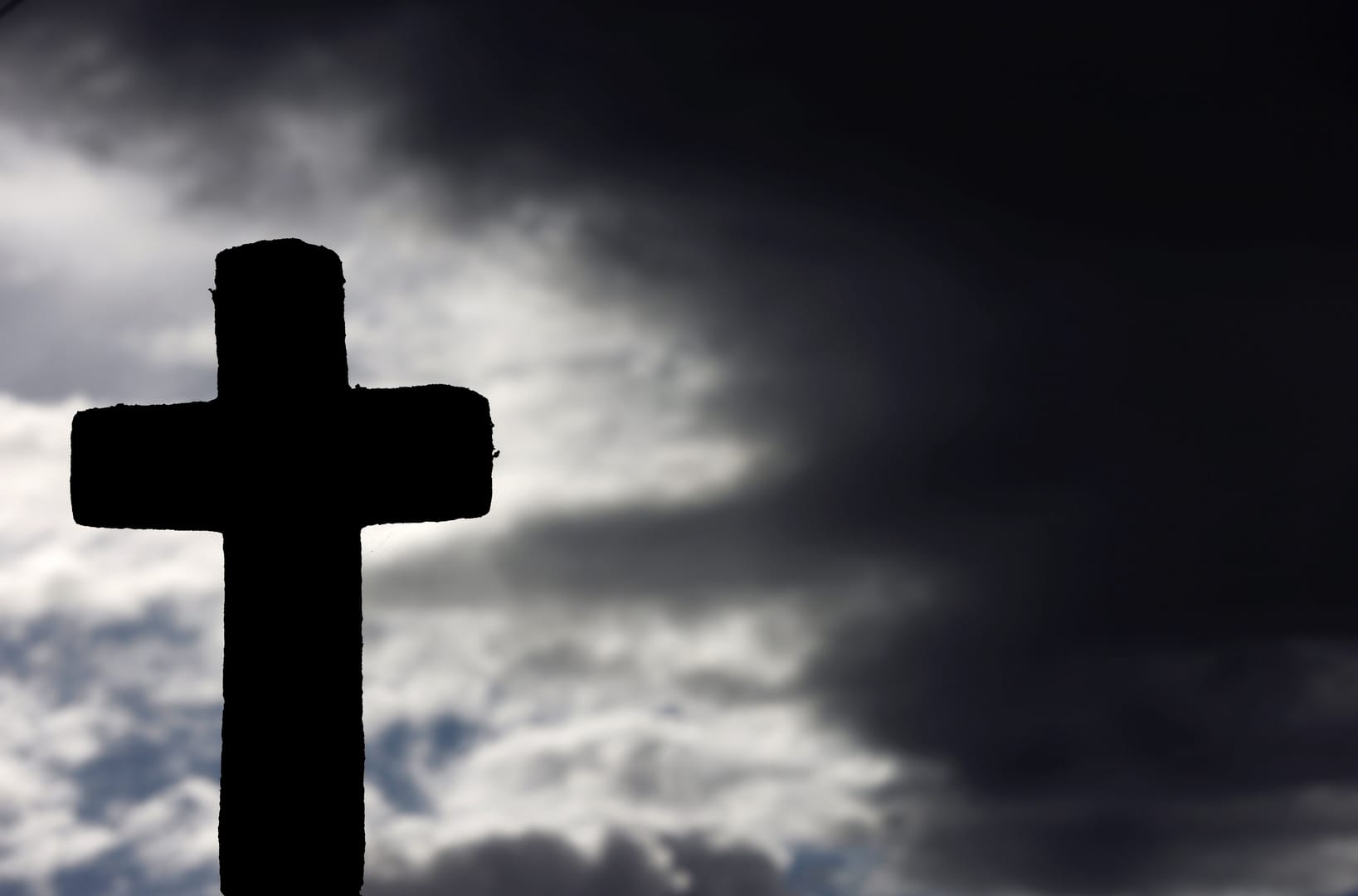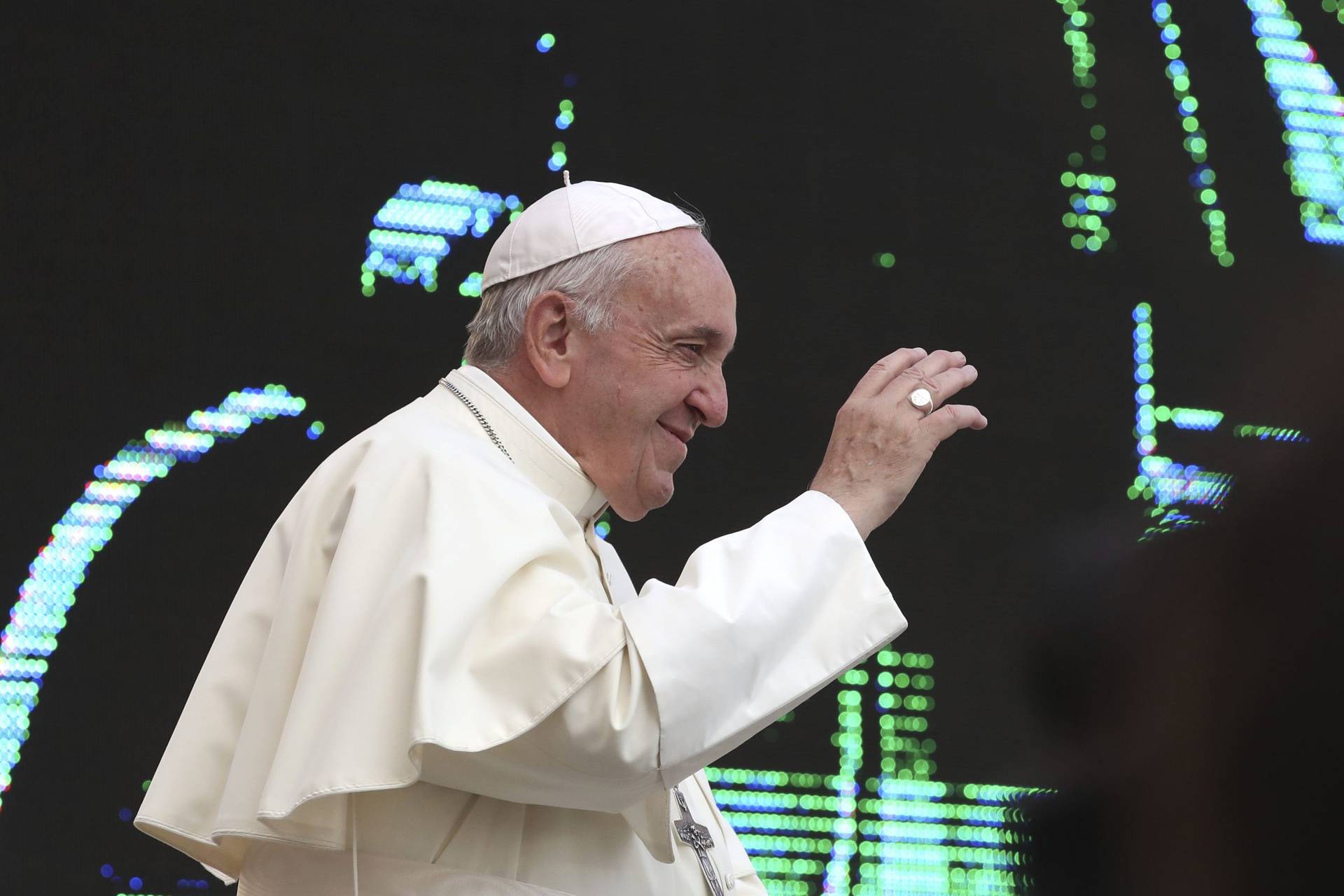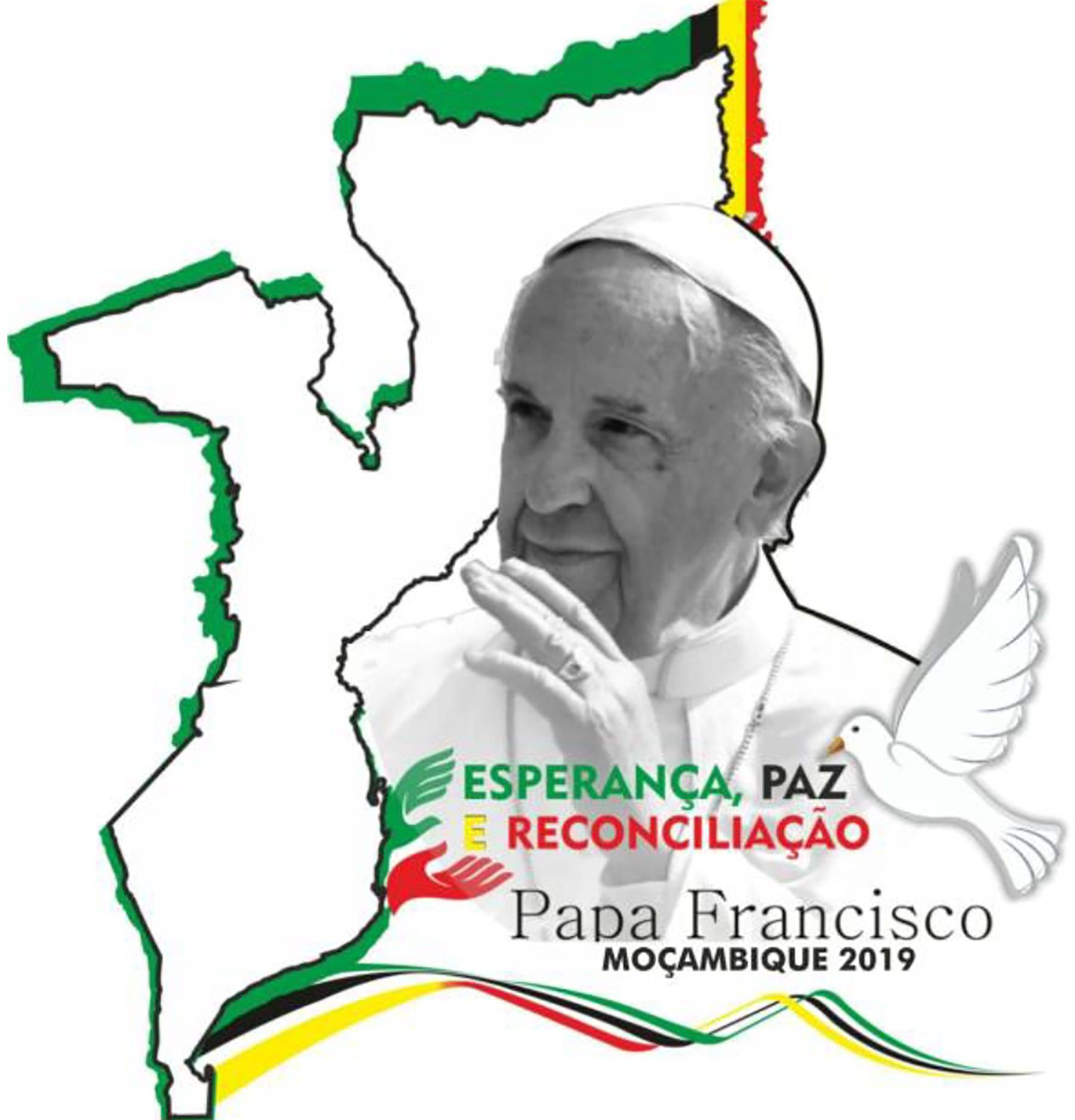SANTIAGO DE CUBA – Pope Francis wrapped up an intense three days in Cuba on Tuesday, celebrating a morning Mass at the Basilica of the Virgin of Charity of Cobre, the country’s national patron, and then holding a meeting with families in Santiago’s downtown cathedral.
As he has throughout his Cuba swing, Francis once again laid down an indirect challenge to the Cuban regime – not through overt demands for political reform, but by providing an alternative narrative about Cuban identity and possibilities.
In the Mass in Santiago Tuesday morning, Francis insisted that Cuba’s roots lie in Cobre and the maternal protection of the Virgin Mary.
“From here she protects our roots, our identity, so that we may never stray to paths of despair,” the pope said.
Francis also deliberately reclaimed the defining word of Cuba’s Socialist rhetoric: “Revolution.”
“We are asked to live the revolution of tenderness as Mary, our Mother of Charity, did,” the pope said. “Our revolution comes about through tenderness, through the joy which always becomes closeness and compassion and leads us to get involved in, and to serve, the lives of others.”
It’s striking that although Francis did not utter the phrase “religious freedom” in Cuba – the closest he came was an appeal for the Church to enjoy the “freedom, means, and space” needed to carry out its mission – the idea was implicit in much of his commentary.
Later on Tuesday the pontiff arrived in Washington, DC, where he’ll kick off what promises to be an eventful seven days in the United States.
It was Francis who made the decision to bundle his trip to the States with an initial stop in Cuba, so it’s only reasonable to ask what we’ve learned over the past three days that might provide insight about what Americans should expect over the next week.
Here, then, are five take-aways from Pope Francis in Cuba with implications for what’s in store for Americans.
1. Ending the embargo
As a Vatican spokesman reminded the press Monday night, Rome has long been on record against the US-imposed embargo on Cuba, which is the longest-running trade embargo in history. He pointed out that Pope Benedict XVI was also critical of the embargo when he visited Cuba in 2012, saying it’s “not a novelty.”
Given that Francis is coming to the States directly from Cuba, it’s a safe bet that somewhere along the way – quite probably, in his address on Thursday to a joint meeting of Congress – he’ll say something that will be read as a call to halt Cuba’s isolation by ending the embargo.
The pope told reporters on the papal plane that he won’t specifically mention the embargo to Congress, but he will call for bilateral agreements that promote coexistence.
2. Mercy on his mind
It’s clear that the spiritual virtue of mercy is a cornerstone concept for Francis.
He recently declared a special Jubilee Year of Mercy, complete with two special concessions – permission for all priests to forgive the sin of abortion, and recognizing the validity of confessions heard even by traditionalist priests who’ve broken with Rome. Francis also chose “missionary of mercy” as the motto of his Cuba visit, and celebrated Mass in Havana’s Revolution Square under an image of Jesus from the Divine Mercy devotion.
When Francis launched into an extemporaneous jag on Sunday night in front of an audience of priests, religious men and women, and seminarians, he came back to the theme of mercy, urging priests to be generous while hearing confessions.
“Don’t be afraid of mercy,” he said. “Let it flow between your fingers.”
Given that background, it’s more than a strong possibility that mercy will bubble up somewhere along the way in the States, in all likelihood more than once. Caution: When Francis speaks of mercy, it’s not about revising the Church’s understanding of sin so much as how to act when sin has been committed.
3. Not a single-issue Pope
For many people, Francis’ signature issue at the moment is the environment, especially the fight against global warming and the impact of climate change.
That was the subject of his much-discussed recent encyclical, Laudato Si’, and he’s raised it many times since, including a session with environmental ministers of European Union nations just before he left Rome.
Yet it’s notable that Francis really didn’t raise the issue of environmental protection in Cuba. The only forceful public mention of it during the trip came not from the pontiff but his host, Cuban President Raul Castro.
It’s a reminder that Francis is not a single-issue public figure, however burning a specific cause may seem to him.
Most handicappers expect that poverty, immigration, and the environment will be the heart of his social message in the States, and it would indeed seem odd if they didn’t surface somewhere.
Whether those themes will be the most prominent ones raised by Francis, however, remains to be seen, as does whether he’ll choose to devote attention to other elements of Catholic social teaching – his clear concern for human trafficking, for instance, or the arms trade, or the death penalty.
This pope has a bushel basket full of concerns and ideas, and you never know which ones he’ll pluck out on any given occasion.
4. The real man surfaces in ad-libbed Spanish
What Cuba has confirmed anew is that if you want Francis raw and unfiltered, you won’t get it in his big formal speeches, such as the addresses he’ll deliver on Thursday to the US Congress and on Friday to the General Assembly of the United Nations.
Those texts will reflect the pontiff’s ideas, but they’ve also been polished and vetted and tweaked by a whole team of diplomats and aides, and in such settings Francis typically sticks fairly close to the script.
He also generally doesn’t veer very far off course in his homilies during Masses celebrated in front of large crowds, which seem to bring out a more formal side.
However, put Francis in front of a group of religious, or young people, or families, and all bets are off. In those environments, he often sets aside his prepared text entirely and just wings it, opening up his mind and heart. Sometimes he’ll do it in Italian – especially, for obvious reasons, in Italy itself – but for the most part he does so in Spanish.
He did that in Havana Sunday night, offering vintage reflections on poverty and mercy for a group of religious and on mercy and hope before a crowd of Cuban youth.
Where might Pope Francis cut loose in the States?
On Thursday in Washington, the pontiff will visit a charity center to meet some homeless people, and later that night he’ll celebrate a vespers service for clergy and men and women religious. On Friday in New York, he’ll visit a school to meet children and immigrant families. In Philadelphia on Saturday, he’ll take part in a festival for families, and the next day he’ll stop by a prison.
In those moments, the unplugged version of Francis is likely to emerge. Get ready for something special – and get ready for it to be delivered in Spanish.
5. The pastoral is political
Americans are keenly interested in what impact the papal visit may have on the country’s politics, especially heading into a 2016 presidential election in which there are a number of Catholic candidates and the “Catholic vote” will once again be in play.
The working assumption is that Francis’ most explicitly political commentary is likely to come during his welcoming ceremony on the South Lawn of the White House on Wednesday, his address to Congress on Thursday, and when he speaks at the UN on Friday.
It would be a mistake, however, to assume there won’t be political signals or subtext in other settings, because with Francis even the pastoral sometimes comes with a political edge.
During a Mass in Holguín, Cuba’s third city, on Monday, Francis invited Cubans to overcome their reluctance to believe that others, or even themselves, can change.
“Do you believe?” he asked them, adding, “Do you believe it’s possible a traitor can become a friend?”
The line came as part of a reflection on the New Testament figure of St. Matthew, who was a tax collector for the Romans and thus considered a traitor by Jews before he dropped everything to follow Jesus. Yet in a society in which the hunt for perceived traitors has been a decades-long obsession, it couldn’t help but have political implications.
As we saw above, Francis also used his homily Tuesday morning in Santiago to reclaim the popular communist term “revolution” for the faith, insisting that Christianity, in the example of Mary, inspires a truly revolutionary shift to the direction of tenderness and compassion.
For those with ears to hear, in other words, Francis will often weave his social commentary into meditations that seem at first glance entirely spiritual and pastoral.
Anyone interested in possible political fallout from the visit thus needs a word to the wise: Don’t stop paying attention after he leaves the halls of Congress, because that’s hardly the only setting in which this politically savvy pope is capable of making a point.





